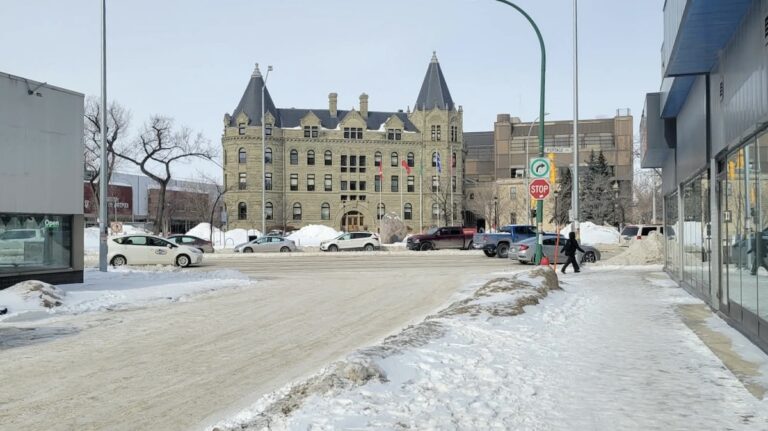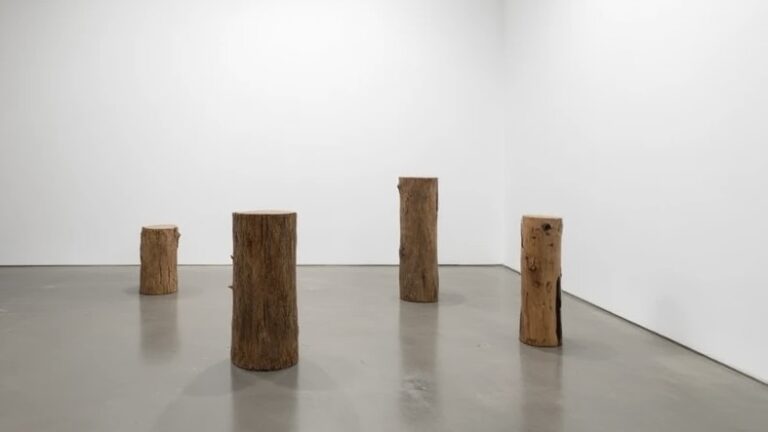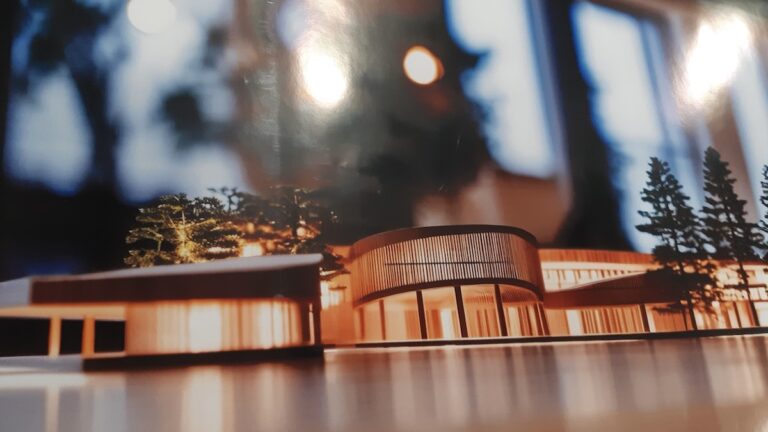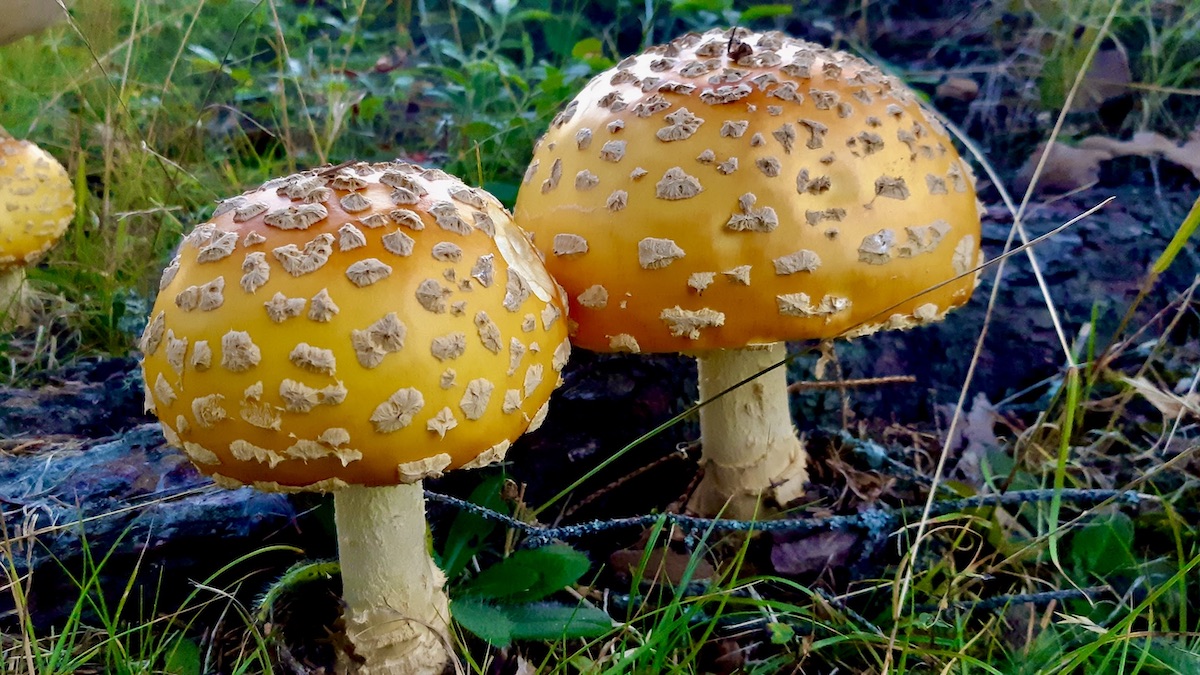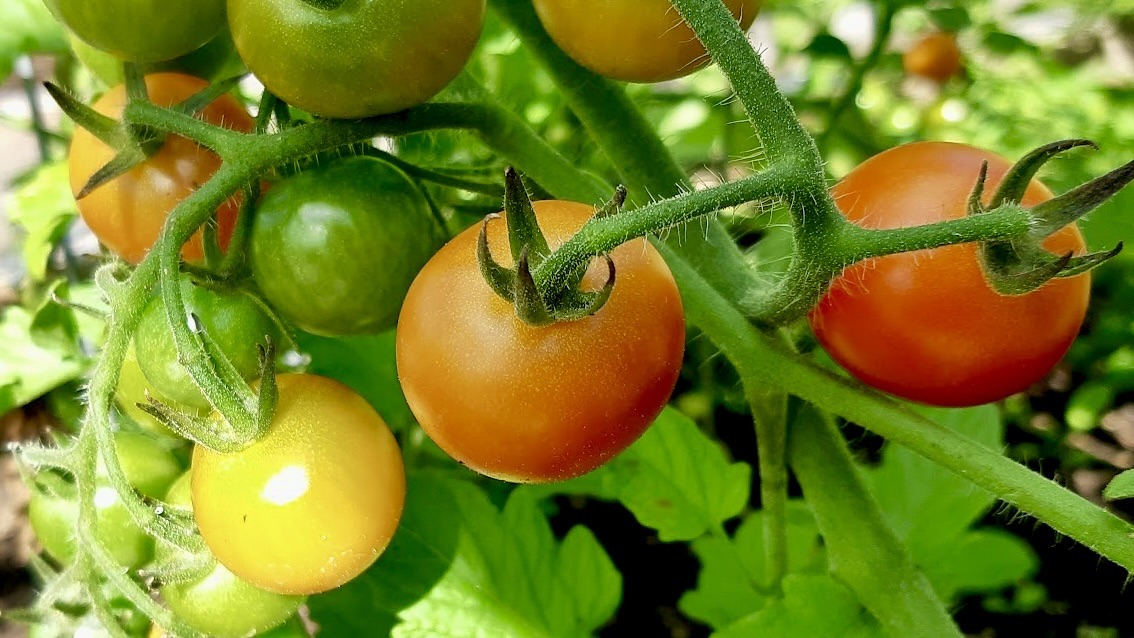
Artists who don't know how to code, learned some basic introductory skills this fall and winter, like how to design a simple splash screen and preloader using html and javascript.
Winnipeg, MB – This fall and winter, the Winnipeg Arts Incubator and Art Borups Corners are bringing virtual reality (VR) design to artists and community members who have little to no experience with coding. Through an innovative program led by interdisciplinary artist Jamie Bell, participants are learning how to create immersive VR experiences using simple game design principles and AI-assisted tools.
The program is designed to empower artists, educators, and storytellers by teaching them how to transform their ideas into virtual scenes, even if they’ve never written a line of code before. Jamie Bell, a Winnipeg-based artist and founding member of the Incubator, brings a wealth of knowledge to the program. Before transitioning to communications, and media arts, Bell developed simulation systems for the Canadian Army, giving him a unique perspective on the intersection of technology and creativity.
“We wanted to make VR accessible to people who might think it’s too technical or out of reach,” Bell said. “This program focuses on breaking down those barriers. You don’t need to be a programmer to create something meaningful in VR—all you need is a story to tell and the right tools to bring it to life.”

Participants are using VR to showcase the Our People, Our Climate project, which features photos, videos, and audio documenting climate change’s impact on Indigenous communities. By incorporating these elements into simple virtual scenes, participants are turning a collection of media into fully immersive experiences.
This year’s fall and winter programming is possible thanks to support from the OpenAI Researcher Access Program, game design is becoming more accessible than ever. Tools powered by AI are simplifying complex processes, making it possible for artists and storytellers to create interactive experiences without needing advanced technical skills. By integrating these tools into the program, participants are discovering how emerging technologies can transform creative practices, opening new doors for innovation in VR, arts, and beyond.
“Imagine stepping into a virtual landscape where you can hear the voices of community members and see the land they call home,” Bell explained. “That’s the power of VR—it allows you to connect with stories on a much deeper level.”
The program is part of the Incubator’s broader mission to introduce emerging technologies to artists and communities, fostering creativity and innovation. It also highlights how VR can be a tool for more than just entertainment.
“Later this winter, we will learn how to build simple functions to play music and display information about the photos and videos being exhibited,” Bell shared. “These interactive features will make the VR scenes even more engaging and provide a deeper connection to the stories being told.”

“This is about more than just learning to design a VR scene,” Bell emphasized. “We’re showing artists and non-coders how they can use these skills to explore cultural preservation, create virtual galleries, or even develop interactive workshops. The possibilities are endless.”
Participants are guided through the basics of VR design, learning how to build interactive environments with AI tools that simplify coding and asset creation. The goal is to make the technology approachable and to spark curiosity about how it can be used in other creative and professional contexts. The group will produce a few VR galleries to exhibit their artwork in the spring of 2025.
“Right now, we’re super basic,” said Bell. “But as we go forward, we’ll learn to add more advanced features, interactivity and models. It’s exciting to see what everyone is starting to come up with for ideas. By the end of the program, we hope everyone will feel confident enough to keep experimenting and innovating,” Bell said. “VR has so much potential to bring people and the arts together, tell important stories, and inspire new ways of thinking about art and technology.”
With the program running throughout the fall and winter of 2024-2025, the Incubator is offering a glimpse of what’s possible when creativity meets cutting-edge technology. For artists and storytellers eager to step into the world of VR, this initiative is a doorway into the future.

